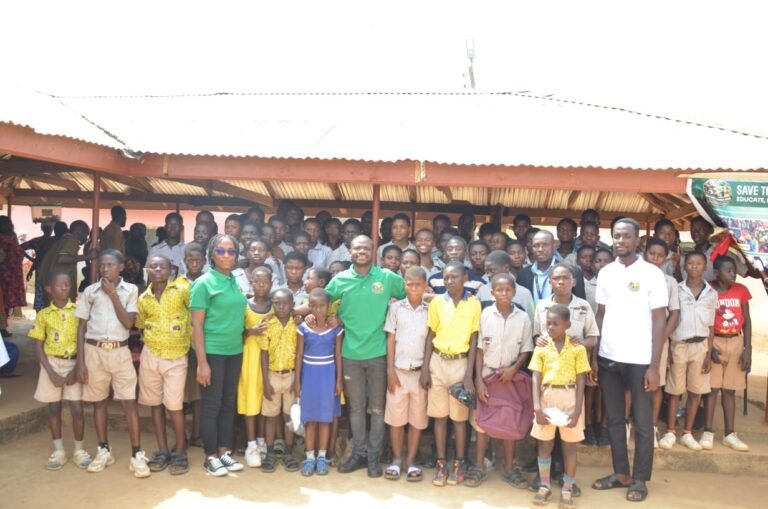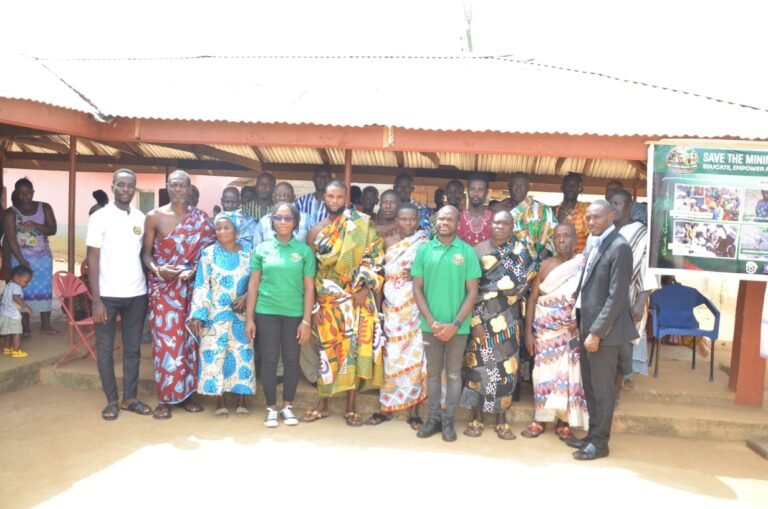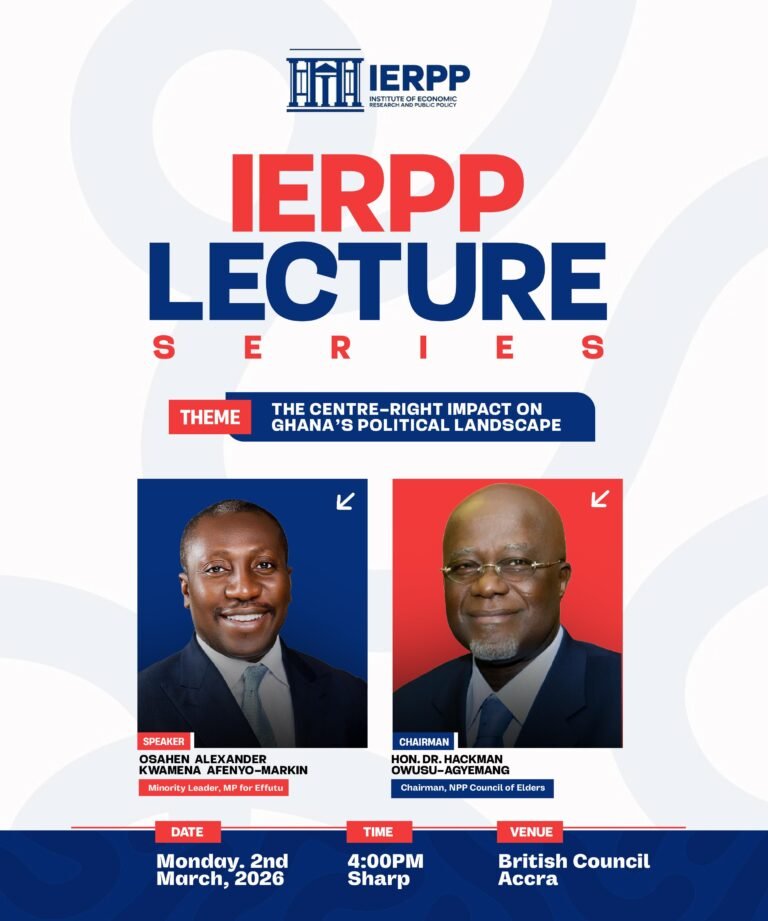
Dr. Paul Herzuah, lecturer of UniMAC
By Bright Philip Donkor
A lecturer at the Faculty of Journalism and Media Studies of the University of Media, Arts and Communication (UniMAC), Dr. Paul Herzuah, has emphasised the need for politicians and policymakers to prioritise truthful political discourse, and avoid short-term gains in favour of long-term, real solutions to the country’s challenges.
He believes that focusing on honest dialogue and transparent policy proposals would enhance the quality of public discourse, and support a more informed and engaged electorate.
Dr. Herzuah made this call in an interview with the Daily Statesman in which he discussed the lead-up to the 2024 presidential and parliamentary elections, including the heightened tensions ahead of the December 7 polls and strategies for consolidating Ghana’s democratic achievements.
The lecturer argued that political decisions driven by expediency undermine democratic values, public trust and policy outcomes. “Ghana stands at a crossroads where the integrity of our leadership will determine our future. We need leaders who are committed to the truth, and are willing to stand by it, even when it’s not the most politically advantageous path,” he stated.
He detailed several instances where political leaders had seemingly sacrificed truth for political expediency. He cited examples of policy reversals, misleading statements and broken promises that had contributed to a perception of dishonesty and inconsistency within Ghana’s political sphere.
NPP manifesto
Dr. Herzuah further provided an in-depth review of the NPP manifesto, sharing his perspectives on various aspects, including the promises. He described the launch as highly impressive, noting its colourful and engaging atmosphere.
While acknowledging the thoughtfulness of the manifesto’s promises, Dr. Herzuah emphasised the critical distinction between making promises and fulfilling them.
He pointed out that past experiences with political promises had often led to unmet expectations, highlighting the need for effective execution. He expressed cautious optimism about the NPP’s plans, particularly under a new leadership, and stressed the importance of credible implementation.
Practical execution
Dr. Herzuah found the proposed plans for improving youth employment in the manifesto impressive, but raised concerns about their practical execution. He referenced past programmes like NABCO, which, despite its good intentions, faced challenges in implementation.
He, therefore, urged the new NPP leadership to demonstrate its capability to deliver on these promises effectively. He observed that the current political climate had been fraught with tension, particularly with allegations and the refusal of the opposition National Democratic Congress (NDC) to sign a peace pact. He cautioned against such actions, which he believes could heighten national tension.
“The situation is concerning, especially with the NDC refusing to sign the peace pact. This creates uncertainty, and could escalate tensions. I suggest that the Peace Council, along with religious affiliates, work to address the grievances of the NDC, and facilitate dialogue. Peaceful coexistence should be a priority, and all parties must work together to ensure a smooth electoral process,” he stressed.
Role of media
The lecturer expressed concern over the partisan nature of current journalism, which he believes undermines the objectivity of news reporting. He highlighted the dangers of partisan media in exacerbating political tensions, and spreading misinformation.
Dr. Herzuah reminded journalists of the chilling account of how media played a pivotal role in the tragedy that unfolded in Rwanda in 1994. The genocide, which led to the massacre of an estimated 800,000 Tutsis and moderate Hutus, was heavily influenced by hate-driven journalism and propaganda.
He detailed how Radio Télévision Libre des Mille Collines (RTLM) and other media outlets became instruments of incitement. “RTLM, in particular, was notorious for broadcasting relentless anti-Tutsi rhetoric, which dehumanized the Tutsi population, and framed them as existential threats to the Hutu majority. These broadcasts went beyond mere reporting; they actively encouraged violence and hatred, fueling the genocidal campaign. This should serve as a lesson, reminding us that we have only one Ghana,” he noted.
He called for strengthened regulatory frameworks and greater accountability for journalists to ensure responsible reporting. “There should be stronger regulations and enforcement by bodies like the National Media Commission (NMC), National Communications Authority (NCA), Ghana Journalists Association (GJA), Ghana Independent Broadcasters Association (GIBA), and the Private Newspapers and Online News Publishers Association of Ghana (PRINPAG) to ensure responsible journalism and protect the public from false information,” he stressed.
Advice to voters
Dr. Herzuah also urged voters to participate actively in the upcoming elections, but to avoid violence. He noted that voter apathy in Ghana should not be an option because when people stay away from the voting process, it signals a loss of faith in the country’s democratic system.
He emphasised that regardless of the high stakes, the democratic process should be conducted with civility and respect. He underscored the importance of maintaining peace, and upholding the integrity of the electoral system.





